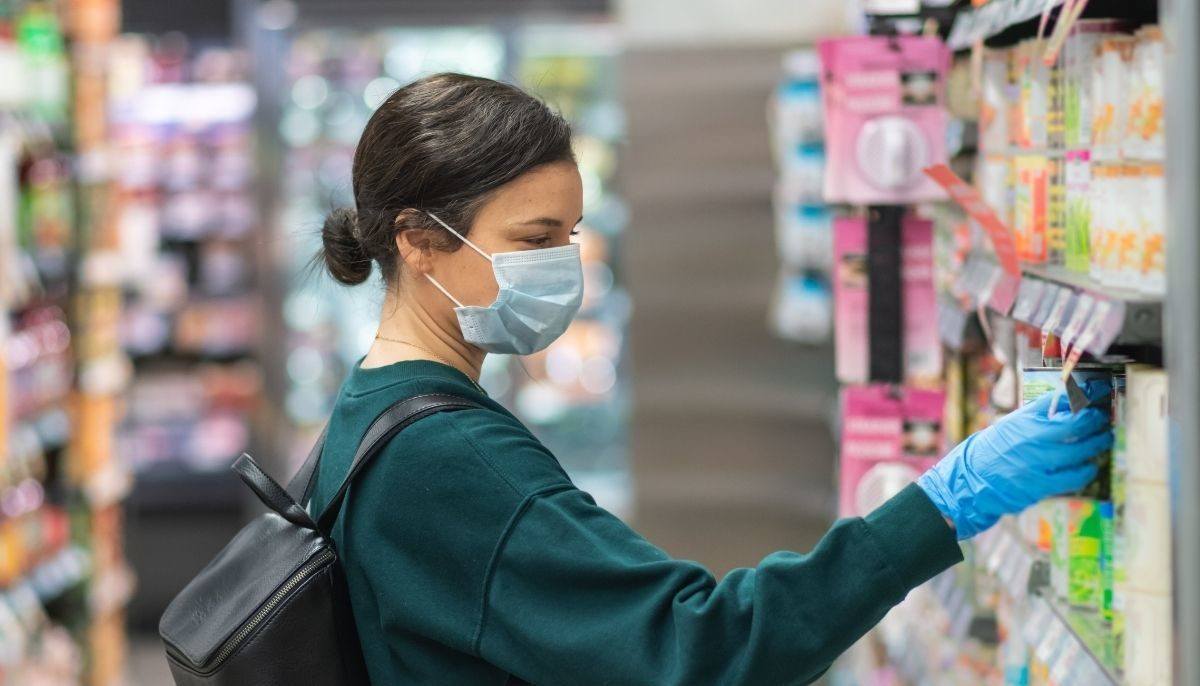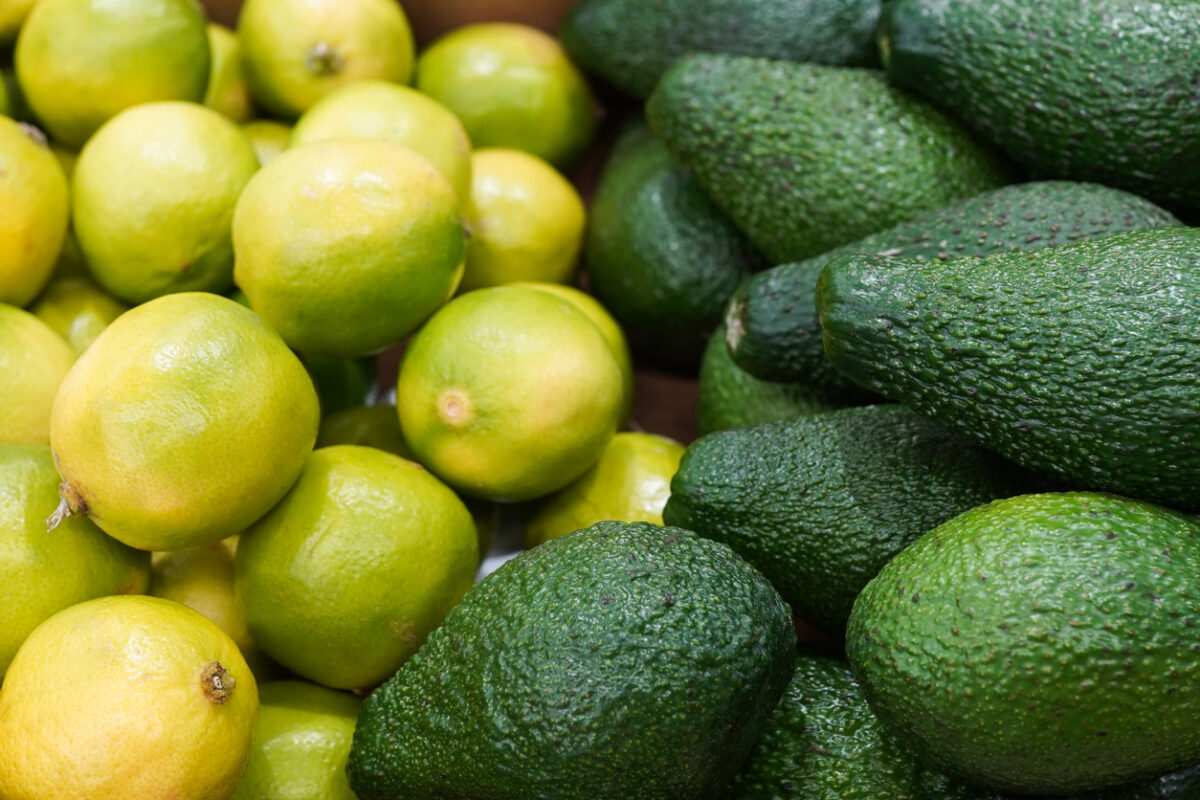WRAP and WWF partner with UK supermarkets to reduce climate impact of food and drink

The Waste and Resources Action Programme (WRAP) and World Wildlife Fund have partnered with eight UK supermarkets to enforce regular measuring and reporting of greenhouse gas emissions from food and drink, helping retailers reduce their environmental impact.
Supermarkets will work together with the two NGOs under the Retailer Net Zero Collaboration Action Programme (CAP), which aims to enable supermarkets to easily and regularly measure and report their GHG emissions.
The project builds on the WRAP’S Courtauld 2030 target, which aims to achieve 50% absolute reduction in emissions associated with food and drink by 2030, against a 2015 baseline.
Supermarkets that have committed so far include Aldi, Lidl, Co-op, Marks & Spencer, Waitrose, Morrisons, Sainsbury’s, and Tesco. Together they represent 80% of the nation’s grocery retail market share, says WRAP.
The project’s first phase – beginning this year – will ensure retailers collect consistent data on Scope 3 GHG emissions. From May 2023, there will be a focus on building on WRAP’s Scope 3 GHG Measurement Protocols for Food and Drink Businesses and piloting these with 17 businesses across the F&B supply chain.
Harriet Lamb, WRAP CEO said of the new partnership in a statement: “We need to transform our food and drink system if we are to stand any chance of achieving our net zero goals and mitigate the worst impacts of the climate crisis. This is the challenge of our generation, and it is encouraging to see the UK’s leading retailers stepping up to this challenge with focus and determination.
“We’re looking forward to cracking the nut of consistent measurement and reporting on greenhouse gas emissions in food and drink supply chains (scope 3), so that we can unlock action to reduce those emissions at pace and at scale.”
A variety of approaches are available to monitor the carbon footprint of products, but according to WRAP, the participating supermarkets said the lack of a consistent methodology for measuring and reporting emissions results in confusion and inefficiencies across the sector, burdens suppliers and producers, causes mistrust around environmental reporting data, and ultimately prevents meaningful action from taking place.
The Retailer Net Zero CAP should make it easier for the food and drink industry to achieve the demanding environmental targets, says WRAP, and boost confidence and trust in using the collected data to tackle high impact areas within the supply chain.
Kate Norgrove, Executive Director of Advocacy and Campaigns at WWF, said: “The food on our plates is driving climate chaos and wreaking havoc on nature – our main ally in the fight against climate change. Urgent action to address this crisis is non-negotiable and we welcome this key step from leading food retailers to align the sector on climate measurement and reporting. Food businesses must now supercharge the pace of climate action through this programme, to put the food system on a sustainable footing and bring our world back to life.”








